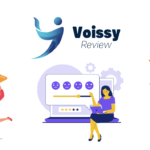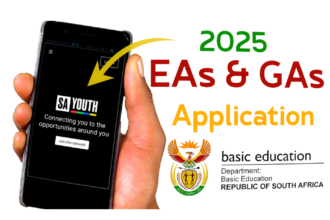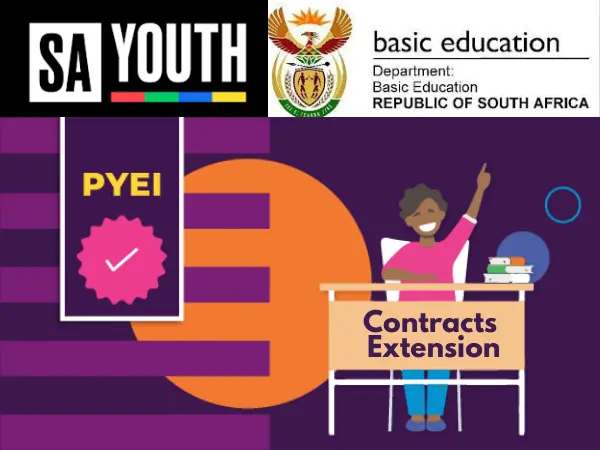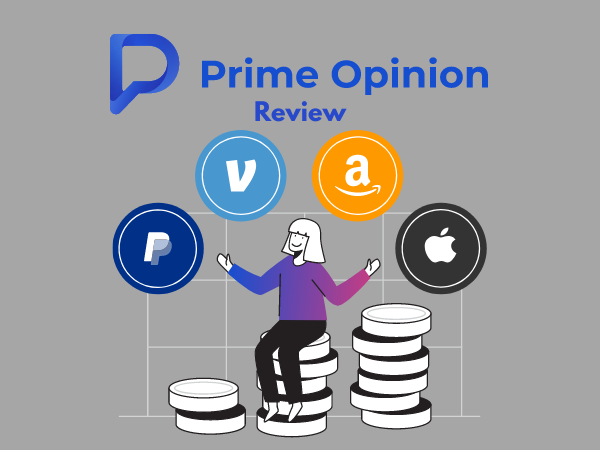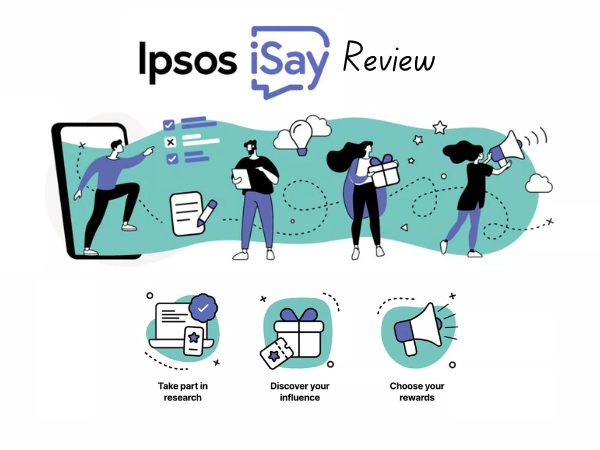Getting a good job in South Africa is tough, and having a strong CV is important. A CV is like a special paper that tells employers about you and why you’re a good fit for a job. But making a good CV can be hard. That’s where CV template South Africa come in. They’re like ready-made designs that make it easier to create a good CV. In this article, we’ll look at how to use these templates to make a great CV in South Africa.
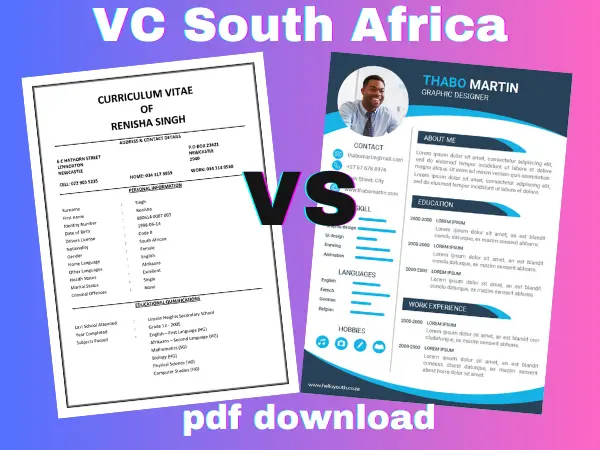
Before we talk about CV templates, let’s learn about jobs in South Africa. There are different kinds of jobs in South Africa, like in general working, banking, mining, technology, and healthcare. Each job type likes different things on CVs. So, when you use a template, it should match what South African employers like to see
What Is Included In South African CV
A CV has many parts that show off your skills and experience. Here is the list of parts that are mostly included in a South African curriculum vitae:
- Personal Details: This is where you put your name, contact info, and where you live.
- Job Goal or About Me: A short bit about what you want to do for a job and why you’re good at it.
- Education: Info about where you went to school and what you learned.
- Work History: A list of jobs you had before, with what you did and how you did it.
- Skills: Things you’re good at, like computer skills or talking in different languages.
- Languages: How well you speak different languages, especially English.
- References: People who can talk about how great you are at work.
Why CV Templates Help
Templates make life easier. They help your CV look neat without you stressing over design. Using CV templates is a smart idea, and here’s why:
- Templates make it quick to create a CV, so you can spend more time on other stuff.
- They make your CV look neat and tidy like you know what you’re doing.
- Templates can be adjusted to fit what you need for different jobs.
- Templates help nicely show important things about you.
- They keep things consistent and professional even if you don’t know anything about designing curriculum vitae.
List Of 4 Types of CV Template South Africa
CV templates come in various formats, each catering to different career stages and goals. The most common types include:
- Chronological CV Template: Lists work experiences in reverse chronological order, ideal for those with a solid work history.
- Functional CV Template: Emphasizes skills and abilities rather than linear work history, suitable for career changers or those with gaps in employment.
- Combination/Hybrid CV Template: A blend of chronological and functional formats, offering flexibility to highlight skills and accomplishments.
- Industry-Specific CV Templates: Tailored templates for specific industries, allowing you to showcase industry-relevant details prominently.
The most common and widely used type of CV is Chronological. But the styling differs from country. In South Africa, there is an old-style look and a new-style look.
Remember that the type of CV you choose should reflect your specific circumstances, career goals, and the expectations of your target audience. It’s essential to carefully consider the format that best presents your qualifications and experiences in the most compelling way
CV Examples For Students With No Experience
Creating a compelling CV (Curriculum Vitae) when you have little to no work experience is all about highlighting your skills, education, and any relevant activities or projects. Here’s a basic CV template and some tips to help you craft an effective CV as a student with no experience:
Contact Information:
- Full Name
- Address
- Phone Number
- Email Address
Objective (Optional): A concise statement that outlines your career goals and aspirations. Highlight any skills or qualities that make you a valuable candidate, even without direct work experience.
Education:
- Degree Pursued (e.g., Bachelor of Arts in Psychology)
- University/College Name
- Location
- Expected Graduation Date (Month, Year)
- Relevant Coursework (if applicable)
Skills: List skills that are relevant to the job you’re applying for, even if they were acquired outside of traditional work settings. These can include:
- Computer Skills (e.g., Microsoft Office Suite, Photoshop)
- Language Skills
- Communication Skills
- Problem-Solving Skills
- Leadership Abilities
- Research Skills
Projects (or Relevant Coursework): Highlight any academic or personal projects that demonstrate your skills and abilities. For example:
- Research paper on [Topic]
- Group project showcasing teamwork and problem-solving
- Website design for a club or personal interest
- Presentation on [Topic] highlighting communication skills
Extracurricular Activities: Include clubs, organizations, or volunteer work that showcases your skills and commitment. For example:
- Member of [Club/Organization]
- Volunteer at [Non-profit Organization]
- Event coordination for [Event]
Awards and Honors: List any academic achievements, scholarships, or awards you’ve received.
References: Available upon request.
CV Template Word Free Download
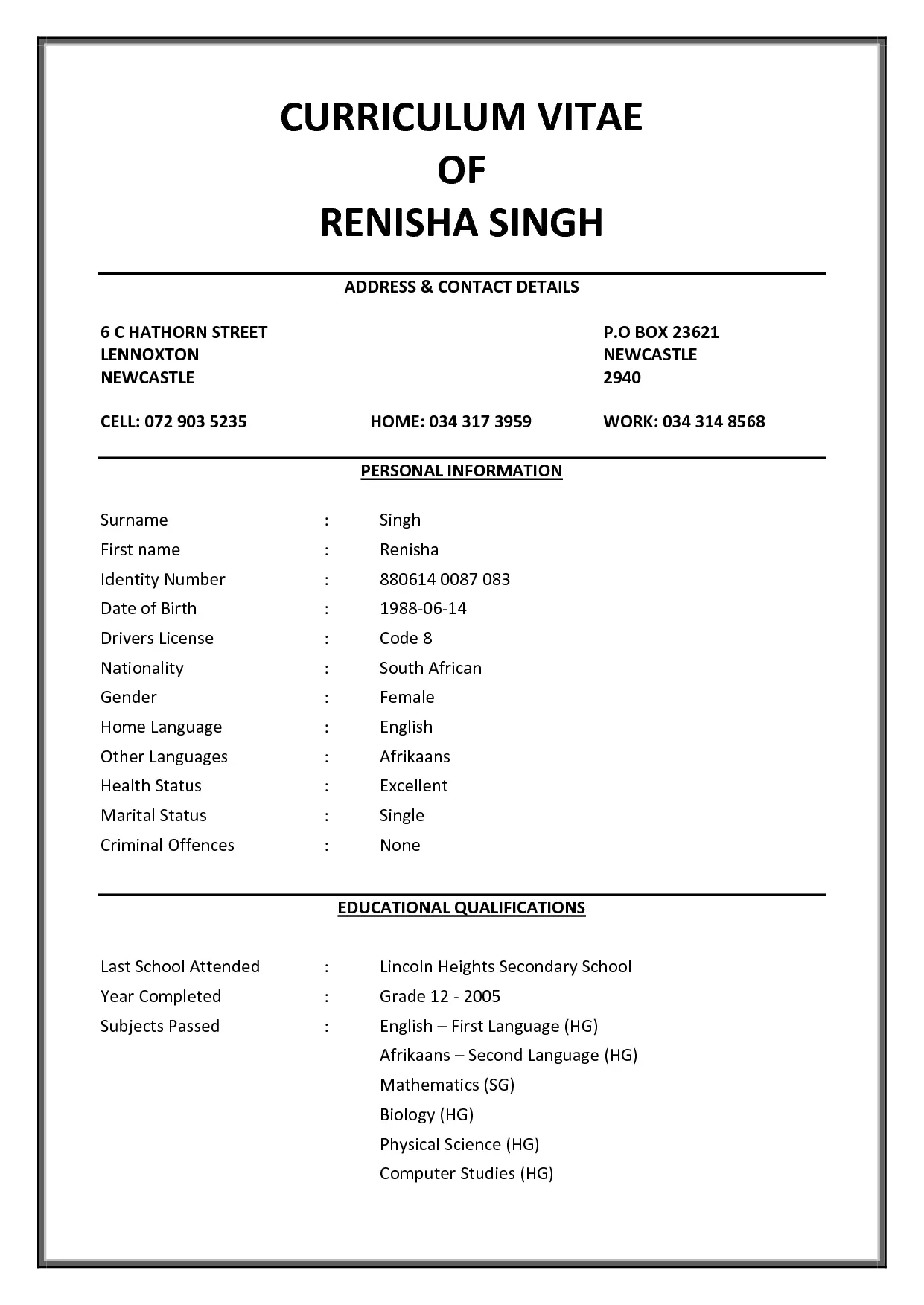
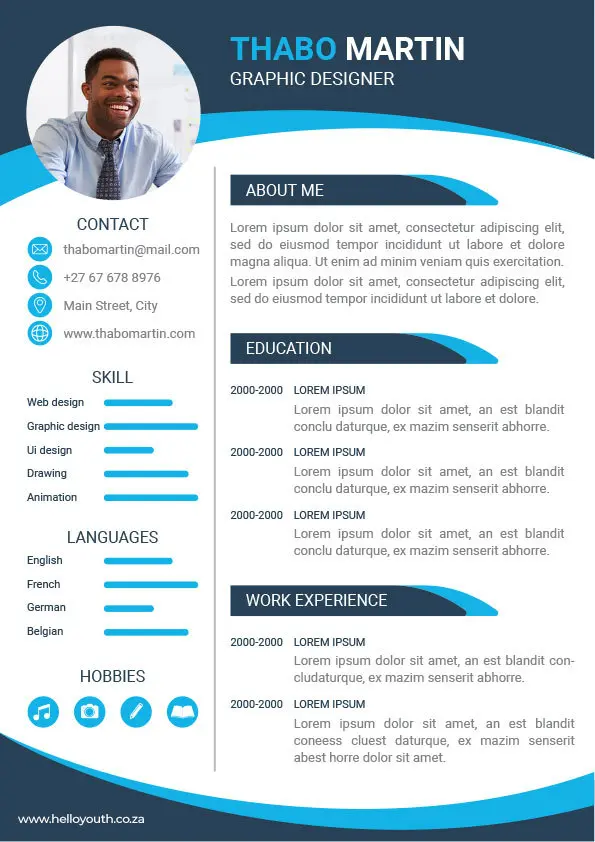
Remember, your CV is a tool to showcase your potential and demonstrate your ability to contribute to a role, even without extensive work experience. Tailor it to the job you’re applying for, highlight your strengths, and show your enthusiasm for learning and growing in your chosen field.
Experienced Professional CV Examples
Writing an experienced professional CV (Curriculum Vitae) requires careful attention to detail, organization, and clarity. Here’s a step-by-step guide along with an example to help you create an effective CV:
Contact Information
- Include your full name
- Phone number
- Email address
- Location (city and state).
Professional Summary (Optional): Write a concise summary that highlights your experience, skills, and career goals. This section can be particularly useful for emphasizing your expertise and what you bring to the table.
Professional Experience: List your work history in reverse chronological order, starting with your most recent position. For each job, include:
- Job title
- Company name and location
- Dates of employment (month and year)
- A brief description of the company (if it’s not well-known)
- Key responsibilities and achievements in bullet points
Achievements and Responsibilities: Use action verbs to describe your accomplishments and responsibilities. Quantify your achievements whenever possible (e.g., “Increased sales by 25%” or “Managed a team of 10 employees”).
Education: List your educational background in reverse chronological order, including:
- Degree earned (e.g., Bachelor of Science)
- Major and minor (if applicable)
- University name and location
- Graduation date
- Honors, awards, or relevant coursework
Skills: Highlight your technical and soft skills that are relevant to the job you’re applying for. These could include software proficiency, languages, certifications, project management skills, etc. including any relevant certifications, licenses, or professional development courses you’ve completed. Mention the issuing organization and the date of completion.
If you’re multilingual, mention the languages you speak and your proficiency level.
References: You can either provide a list of references or mention that they are available upon request.
PDF CV Template Free Download


Curriculum Vitae Tips and Tricks
Getting your CV just right is important. Here are a few more tips to help you along the way:
- Be Honest
- Keep It Relevant
- Use Bullet Points
- Include Keywords
- Connect with people in your industry. Networking can help you learn about job opportunities and get advice from professionals.
- Stay Positive
- Double-check your contact information. If employers can’t reach you, they might move on to the next candidate.
If you are looking for a more modern unique curriculum vitae (aka CV) design you can use Canva. I recommend using this kind of design if you are in a field of design, otherwise, it’s a good idea to go with a common design.
Here is another site to create a free curriculum vitae called FlowCV
Conclusion
Crafting an effective CV using templates in South Africa is a powerful way to present yourself to potential employers. A well-designed CV that showcases your skills, experiences, and strengths can significantly improve your chances of landing your desired job. Remember to tailor your CV for different industries, highlight your accomplishments, and use templates as a starting point to create a unique and compelling document.
By following the advice in this article and exploring additional resources, you’ll be better equipped to create a standout CV that grabs the attention of employers and helps you take the next step in your career journey. If you are currently unemployed apply for SRD SASSA Grand



